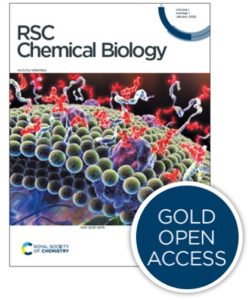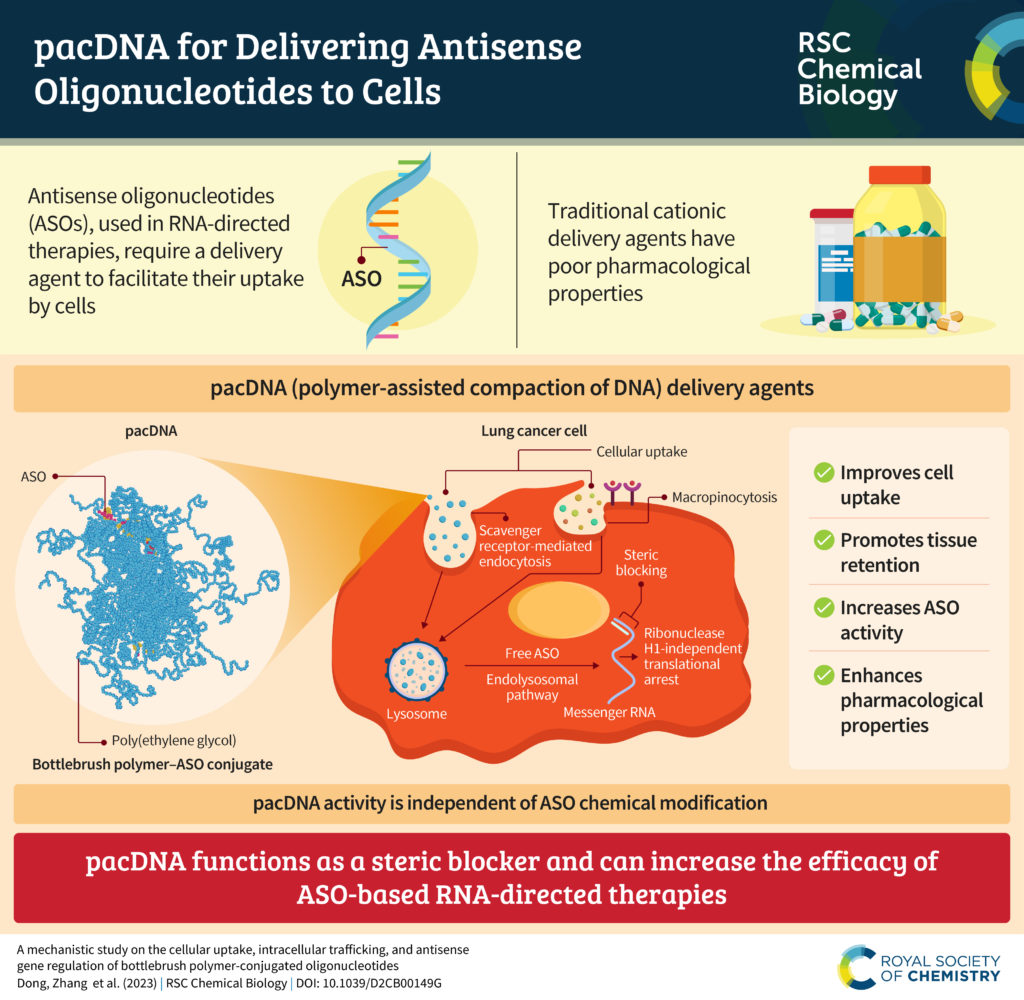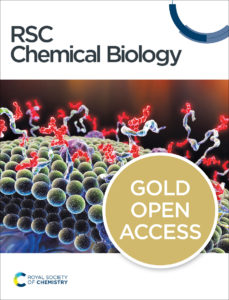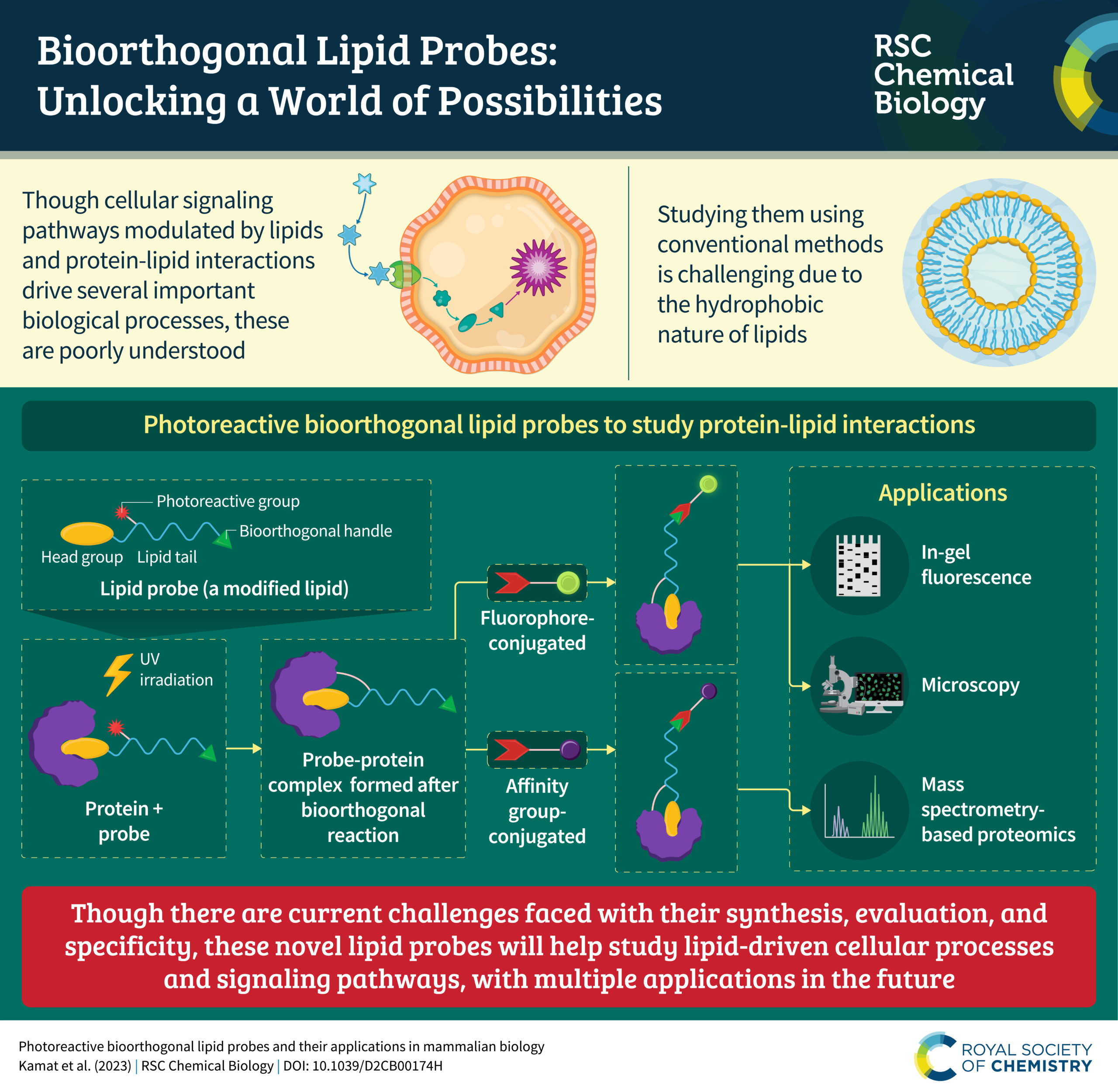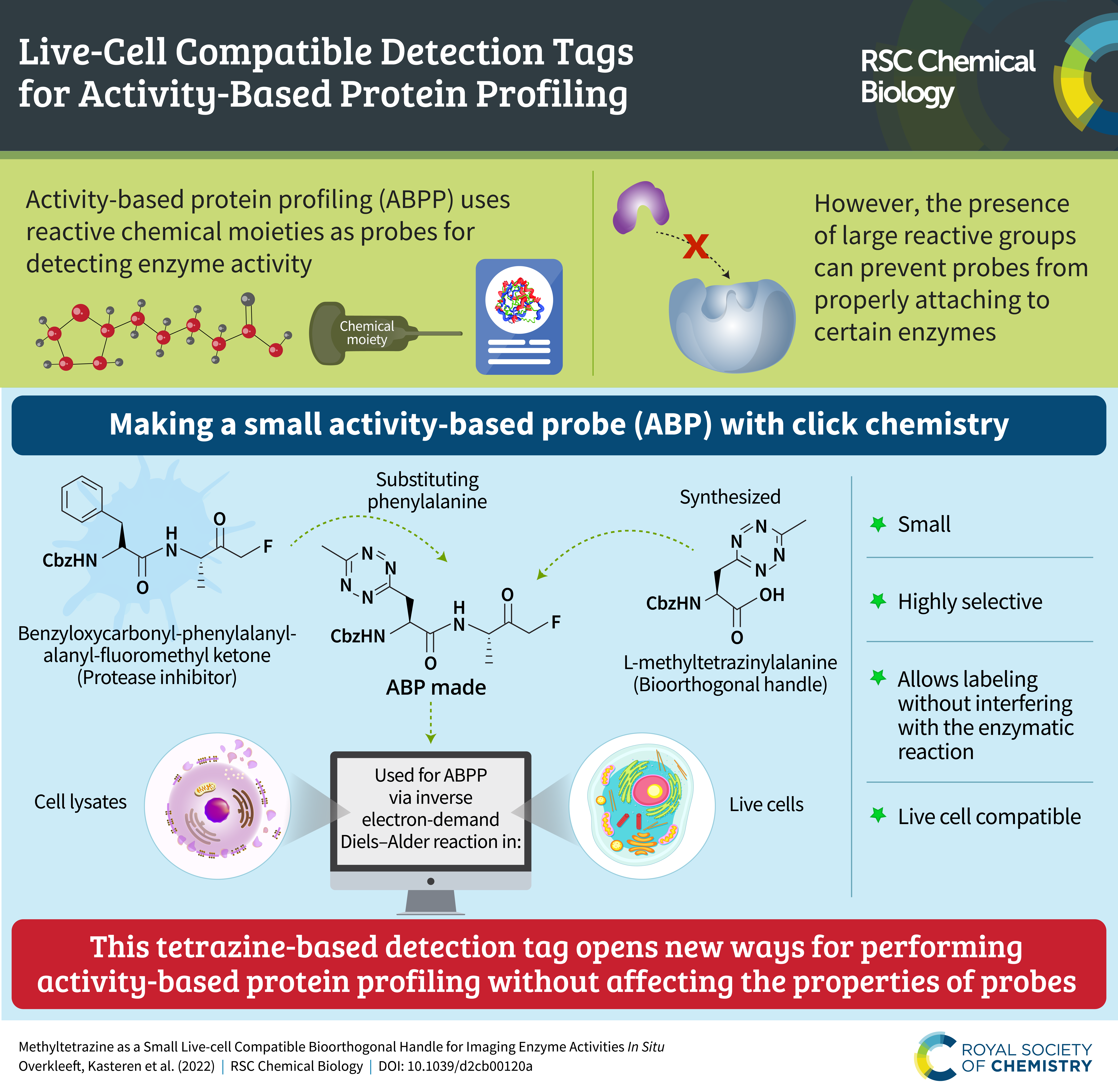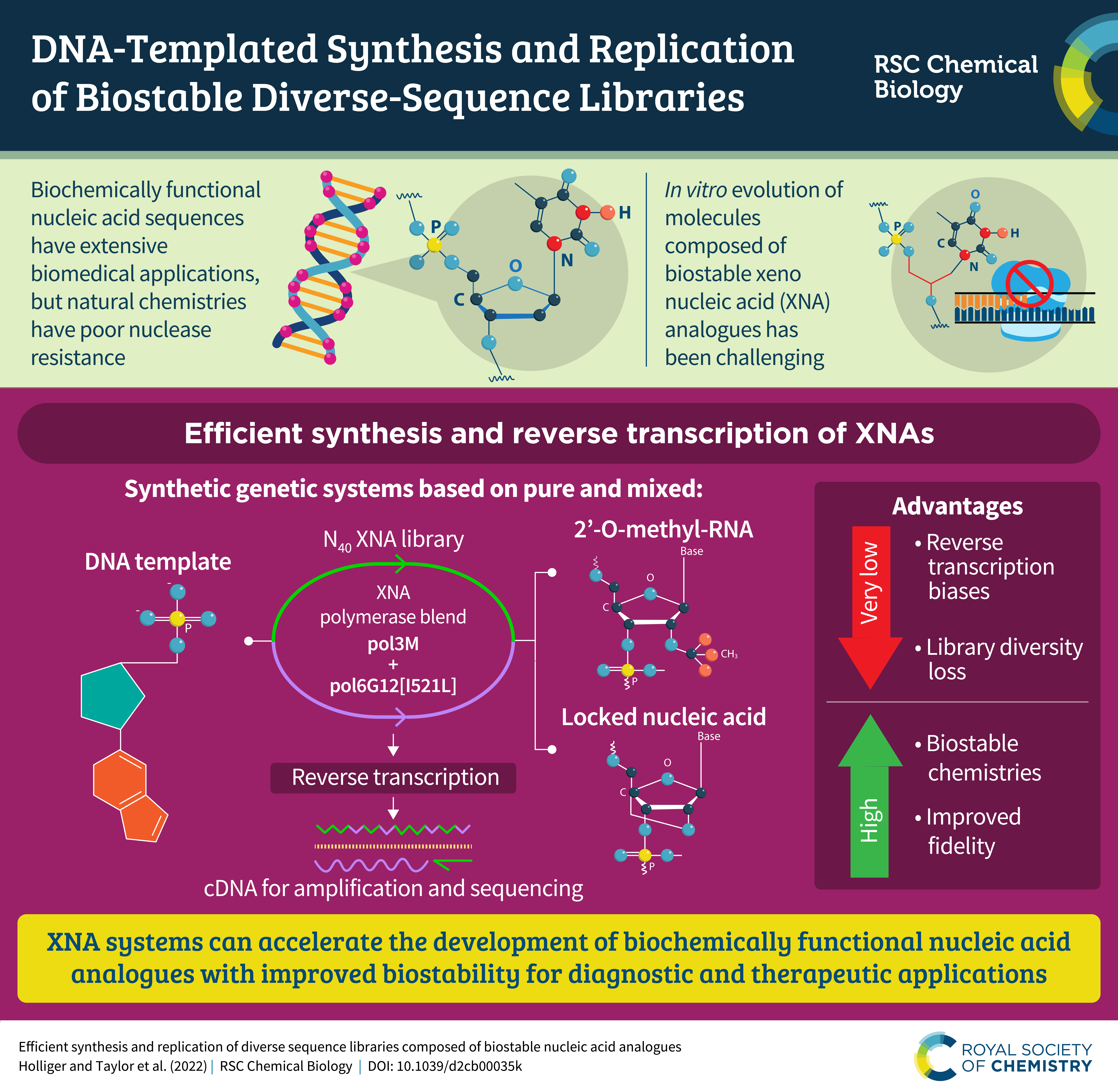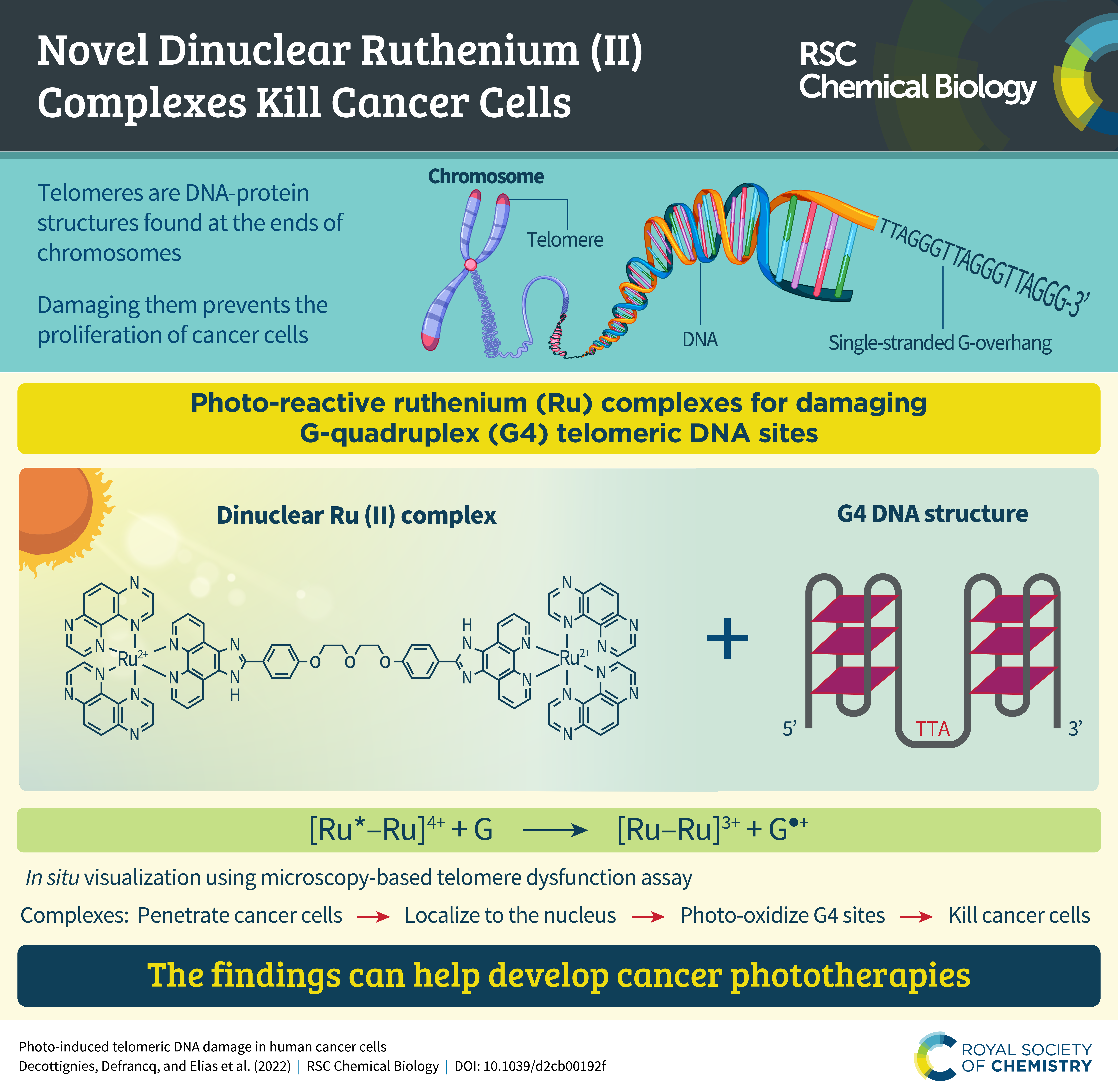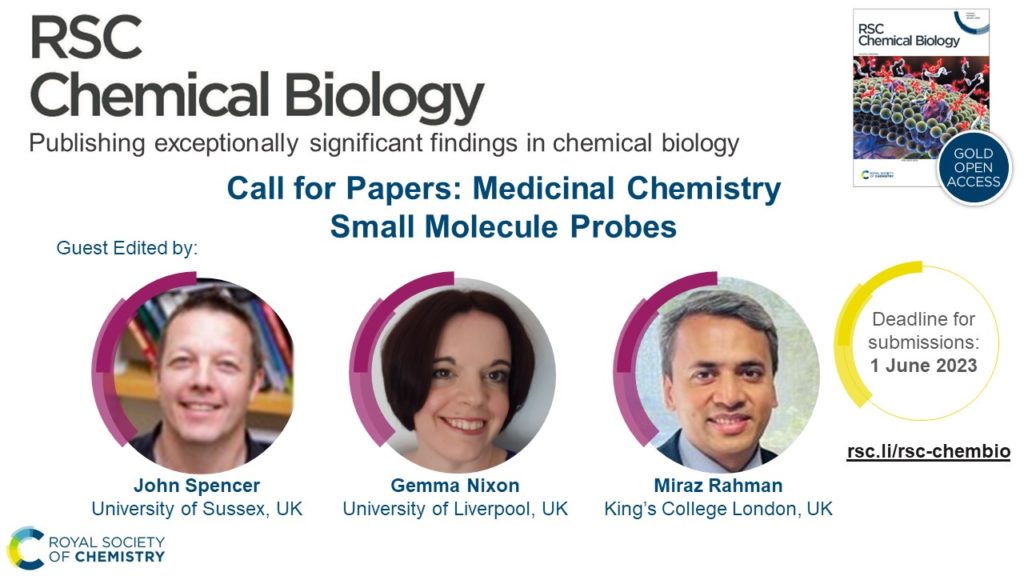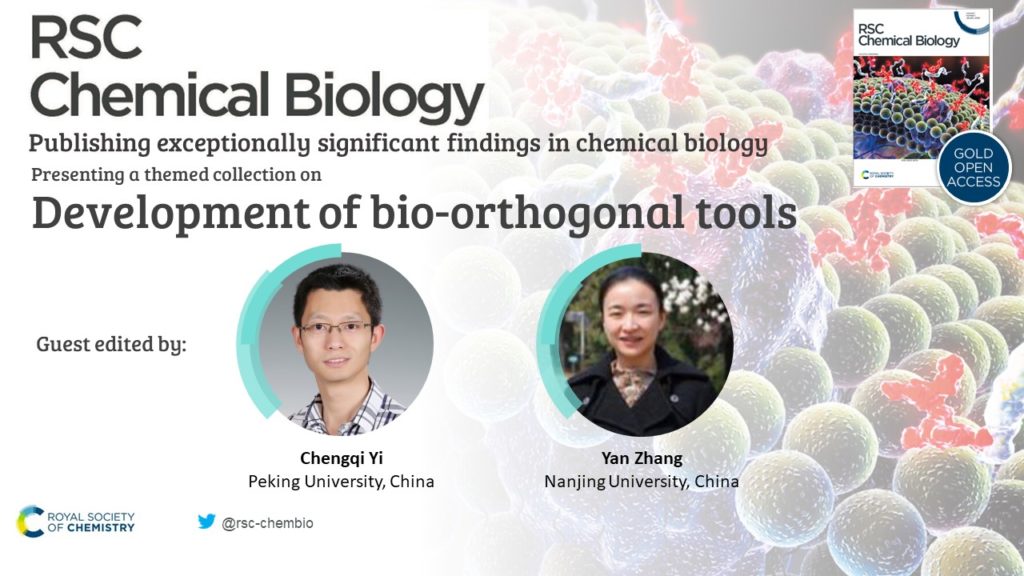Welcome Prof Kiessling to RSC Chemical Biology!

We are delighted to welcome Prof Kiessling to the Advisory Board of RSC Chemical Biology.
Professor Kiessling received an Sc.B. degree in chemistry at MIT, where she performed undergraduate research in organic synthesis with Professor Bill Roush. She received a Ph.D. degree in chemistry at Yale University for her research with Stuart L. Schreiber. She was an American Cancer Society postdoctoral fellow with Peter B. Dervan at California Institute of Technology. She then joined the faculty at the University of Wisconsin–Madison, where she became the Steenbock Professor of Chemistry, the Laurens Anderson Professor of Biochemistry, and the Director of the Keck Center for Chemical Genomics. In 2017, she returned to MIT as the Novartis Professor of Chemistry.
Professor Kiessling is a member of the American Academy of Arts & Sciences, the American Academy of Microbiology, the American Philosophical Society, and National Academy of Sciences. She is the founding Editor-In-Chief of the journal ACS Chemical Biology . She is an author of over 140 peer-reviewed journal articles, and an inventor on more than 28 US patents. She has advised approximately 100 graduate students and postdoctorates. Alumni from her research group are contributing through their positions as faculty members of distinguished research universities, medical schools, and colleges and as research scientists at innovative start-up companies, leading corporations, and government laboratories.
About RSC Chemical Biology
Led by Hiroaki Suga (University of Tokyo), RSC Chemical Biology is dedicated to publishing and disseminating the most exceptionally significant, breakthrough findings of interest to the chemical biology community. All submissions are handled by our experienced and internationally recognised Associate Editors. For more information on the journal, please visit the journal homepage.
As a gold open access journal, there are no barriers to accessing content and your research article will reach an international audience. Please note that the article processing charges are waived until mid-2022, so the journal is currently free to publish in.
RSC Chemical Biology is now indexed in the Directory of Open Access Journals (DOAJ), PubMed Central, Scopus and Web of Science: Emerging Sources Citation Index. Find out more about the journal and submit your work at rsc.li/rsc-chembio
Royal Society of Chemistry


